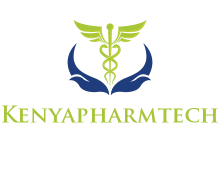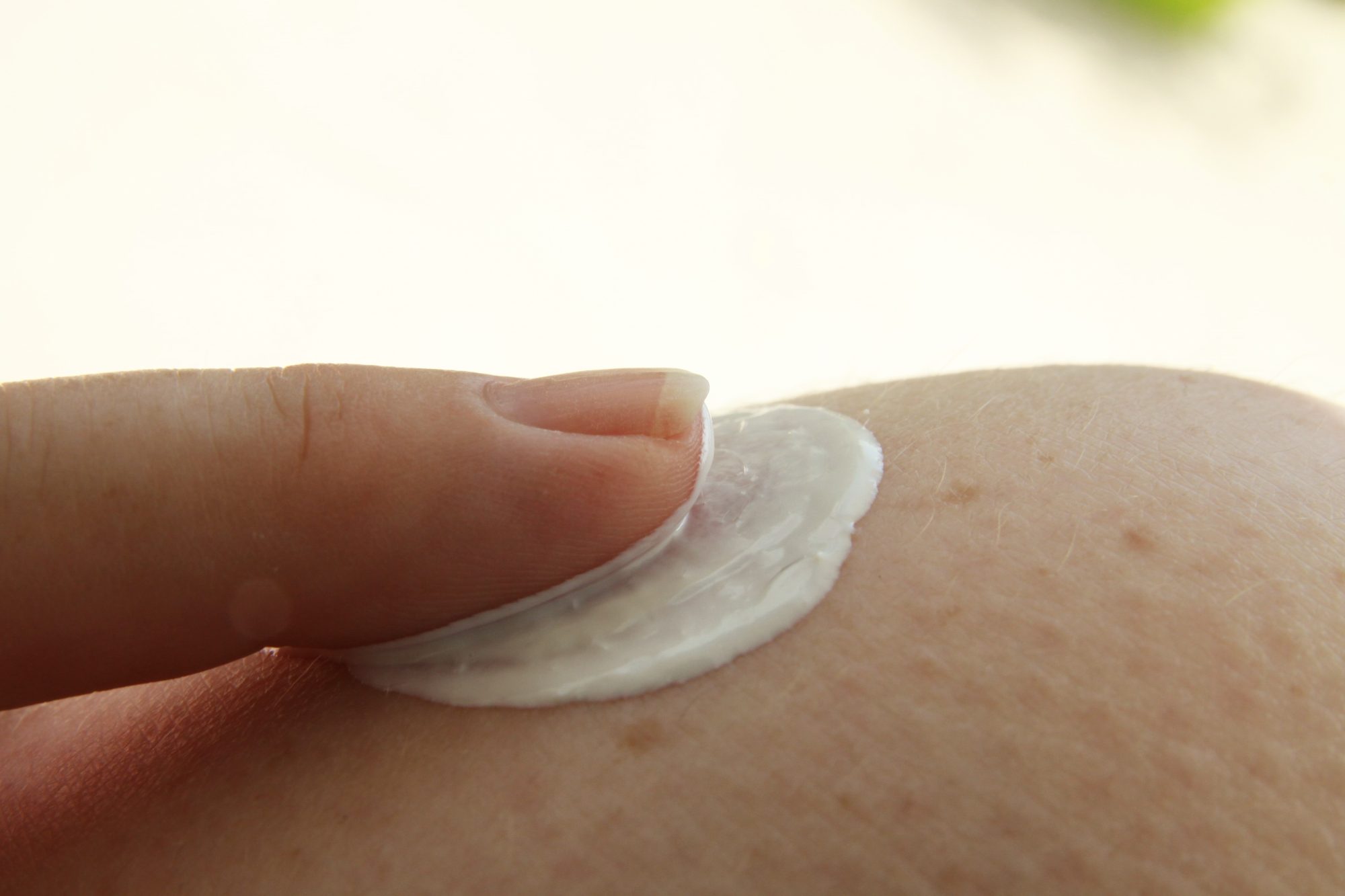Eczema is a chronic skin condition that affects people of all ages in Kenya. It is a common condition that can be caused by genetics, environmental factors, or a combination of both. The symptoms of eczema can be very uncomfortable and can significantly affect a person’s quality of life.
Treatment Options for Eczema in Kenya.
- Moisturize
One of the most effective ways to manage eczema is to keep the skin moisturized. Moisturizing helps to reduce the dryness and itchiness associated with eczema. It is important to use a moisturizer that is free from fragrances and other irritants. Some of the best moisturizers for eczema include petroleum jelly, mineral oil, and ceramide creams.
- Topical Steroids
Topical steroids are another effective treatment option for eczema. These medications work by reducing inflammation in the skin. Topical steroids come in different strengths, and your doctor will recommend the appropriate strength based on the severity of your eczema. It is important to use topical steroids as directed by your doctor, as overuse can lead to side effects.
- Antihistamines
Antihistamines are commonly used to treat allergies, but they can also be used to manage the itching associated with eczema. Antihistamines work by blocking the release of histamines in the body, which are responsible for causing itchiness. Some of the commonly used antihistamines for eczema include loratadine, cetirizine, and diphenhydramine.
- Topical Calcineurin Inhibitors
Topical calcineurin inhibitors are a newer class of medications used to treat eczema. These medications work by suppressing the immune system, which reduces inflammation in the skin. Topical calcineurin inhibitors are typically used when other treatments have failed or are not well tolerated. Some of the commonly used topical calcineurin inhibitors include tacrolimus and pimecrolimus.
- Phototherapy
Phototherapy involves exposing the skin to ultraviolet light under medical supervision. This treatment is typically used for moderate to severe eczema that has not responded to other treatments. Phototherapy works by reducing inflammation in the skin and can be very effective in managing eczema symptoms.
- Systemic Medications
In severe cases of eczema, systemic medications may be necessary. Systemic medications are medications that are taken orally or injected. These medications work by suppressing the immune system, which reduces inflammation in the skin. Systemic medications are typically reserved for severe cases of eczema that have not responded to other treatments. Some of the commonly used systemic medications for eczema include methotrexate, cyclosporine, and azathioprine.
In addition to these treatment options, there are also some lifestyle changes that can help manage eczema symptoms. These include:
- Avoiding Triggers
Eczema can be triggered by a variety of factors, including stress, heat, and certain foods. By identifying and avoiding these triggers, you can reduce the frequency and severity of your eczema flare-ups.
- Using Gentle Soaps
Using gentle, fragrance-free soaps can help reduce the irritation and dryness associated with eczema. It is also important to avoid using hot water, as this can further dry out the skin.
- Wearing Soft, Breathable Fabrics
Wearing soft, breathable fabrics such as cotton can help reduce irritation and itchiness associated with eczema. It is also important to avoid wearing tight clothing, as this can further irritate the skin.
- Managing Stress
Stress can be a trigger for eczema flare-ups, so it is important to find ways to manage stress. This can include activities such as yoga, meditation, or deep breathing exercises. It is also important to prioritize self-care activities such as getting enough sleep, exercising regularly, and spending time with loved ones.
Eczema Doctors and Clinics in Kenya:
Here are some eczema doctors and clinics in Kenya:
- Dr. George Githanga – Dermatologist at Aga Khan University Hospital in Nairobi
- Dr. Neil Jericho – Dermatologist at Nairobi Hospital Dermatology Clinic
- Dr. James Mutunga – Dermatologist at Kenyatta National Hospital in Nairobi
- Dr. Angela Muriithi – Dermatologist at MP Shah Hospital in Nairobi
- Dr. Shamin Sharif – Dermatologist at M.P. Shah Hospital in Nairobi
- Nairobi Skin Clinic – Dermatology clinic in Nairobi
- Avenue Healthcare – Medical center with dermatology services in Nairobi
- Skin101 – Dermatology clinic with multiple locations in Nairobi
- Pinnacle Dermatology – Dermatology clinic in Nairobi
- AAR Healthcare – Medical center with dermatology services in Nairobi and other locations in Kenya.
It’s important to note that this is not an exhaustive list and there may be other eczema doctors and clinics in Kenya that are not listed here. It’s also important to do your own research and read reviews to find a doctor or clinic that is right for you.
In conclusion, eczema is a chronic skin condition that can significantly affect a person’s quality of life. However, there are various treatment options available in Kenya to manage eczema symptoms, including moisturizing, topical steroids, antihistamines, topical calcineurin inhibitors, phototherapy, and systemic medications. In addition to these treatments, lifestyle changes such as avoiding triggers, using gentle soaps, wearing soft, breathable fabrics, and managing stress can also help reduce the frequency and severity of eczema flare-ups. If you are experiencing symptoms of eczema, it is important to consult with a healthcare professional to determine the best treatment plan for you. With the right treatment and lifestyle changes, it is possible to effectively manage eczema and improve your overall quality of life.

